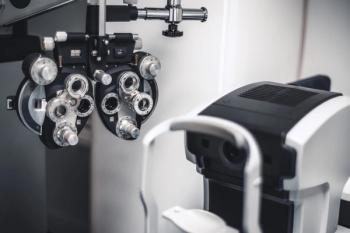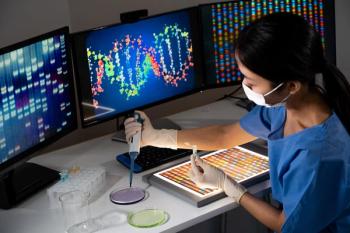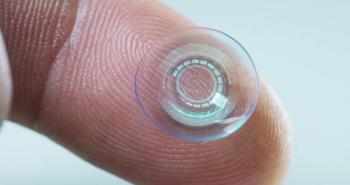
The first doctor is often the smartest
My residency preceptor, Dr. John Potter, was a bucking fire hose of clinical aphorisms. Among the pithy pearls he doused me with was this oldie but goodie: “The last doctor’s always the smartest.”
My residency preceptor, Dr. John Potter, was a bucking fire hose of clinical aphorisms. Among the pithy pearls he doused me with was this oldie but goodie: “The last doctor’s always the smartest.”
He said it with a wink and wry smile because he wanted to convey the irony that the statement is rarely literally true but only seems so. You all know how this works.
A difficult case is referred up the food chain to the so-called “brighter lights” wearing the long coats that flow like royal robes. A retinue of eager fellows and residents trails close behind. The brightest bulb of all speaks in sonorous tones, and everyone stands there basking in his glow and going, “Oooh…ahhh.”
Of course, by the time the super-subspecialist sees the patient, the disease may be further along in its natural course, and what was once a diagnostic dilemma is now straightforward. Usually, other treatments will have been prescribed, and perhaps have failed, so it may be easier to go to a more targeted therapy that wouldn’t have been appropriate earlier.
It’s possible that regardless of the treatment, the patient gets better anyway. But, since “the last doctor’s always the smartest,” he gets all the credit. It’s just the way it is.
Last doctor vs. first doctor
If the last doctor is a consummate pro, she’ll educate the patient, speak well of the first doctor, and help all feel good about the process, regardless of whether she agrees with everything that has transpired previously. He’ll recognize that though he may bring some refinement and specialized judgment to the table, he also stands on the shoulders of others and benefits from their previous work.
But if the last doctor’s name is Prima Donna, he’ll throw the first doctor under the bus, run over him-and for good measure-back up and do it again.
It’s happened to you and to me. And, if we’re honest with ourselves, we’ll admit we’ve done it too. There’s a natural tendency to think that the latest opinion is the greatest-especially when it’s our own. We need to cultivate instead an appropriate humility and guard against hubris, which represents a clear and present danger to good clinical care and the antithesis of professionalism.
Related:
The healthcare system is moving rapidly toward team-based, integrated care. All of us providers are being forced out of our warm, comfy silos and into a large, open space where we must learn to play well together and cooperate for the sake of our patients and our own survival.
A good start would be to give a nod of respect-and the benefit of the doubt-to all team members, especially first doctors who must treat patients early in the course of a disease when precise diagnoses may be elusive, but distress all too real.
Newsletter
Want more insights like this? Subscribe to Optometry Times and get clinical pearls and practice tips delivered straight to your inbox.















































